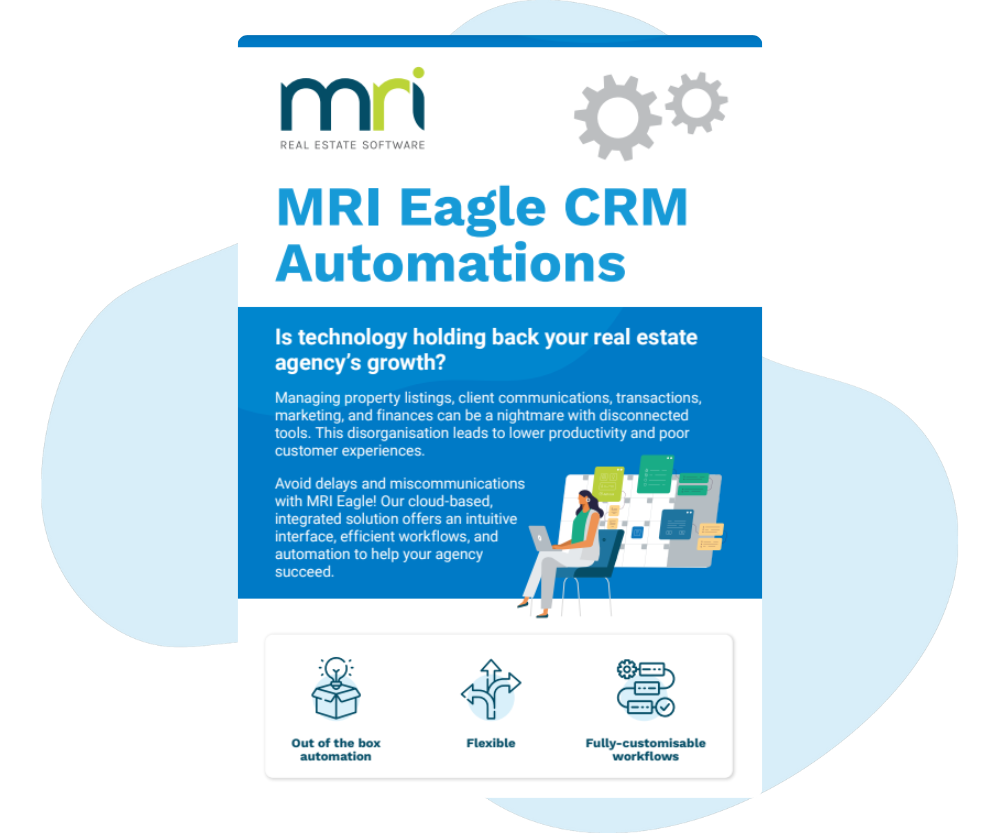Getting your team across real estate technology changes
Being a real estate agent, staying updated with the latest advancements in real estate technology is imperative for achieving success and gaining a competitive edge, enabling you to unlock your full potential.
Nevertheless, integrating new real estate technology can pose challenges, especially when your team might not be enthusiastic about adapting to a new system. It can also consume valuable time and prove to be complex. Without a well-thought-out strategy, it may result in decreased productivity and lowered morale.
Thankfully, there are several effective approaches to boost your team’s support and enthusiasm for embracing these technological changes.
Highlighting Key Benefits
One way to get your team excited about new technology changes is to highlight the major benefits of working with the new technology, for example if you are changing real estate CRM.
Engaging in a conversation about the time-saving, efficiency-boosting capabilities of the new real estate technology can serve as a compelling incentive for your team to embrace the system.
Emphasising how this technology can streamline their tasks and ultimately enhance their job satisfaction can further ignite their enthusiasm. Connecting the technology to improved outcomes and illustrating how it can lead to increased revenue is an added bonus. It is crucial to communicate clearly that this change is a positive step forward, one that will ultimately benefit both the team and the overall success of the business.
Technology changes are not just built for the agent, but also for the client experience. Advances in technology have allowed for improved interfaces, and interactions with real estate agents. Furthermore, marketing automations have made it easier than ever to prospect, and to stay in touch with your clients, building those client relationships. Read our recent blog to discover why your client relationships are so important.
Make the Most of Onboarding Services
To facilitate a smoother transition to new technology, it’s advisable to maximize the available onboarding services and educational resources. Numerous technology providers offer onboarding assistance designed to expedite your team’s familiarization with the new tools.
Get Ongoing Feedback
To ensure that the transition to your new technology goes smoothly, it’s essential to get ongoing feedback from your team members throughout the changeover process.
Encourage them to voice their concerns and provide feedback on what’s working and what’s not. This approach can help you identify any issues before they become major problems and make the necessary adjustments to the adoption process. Furthermore, it ensures the concerns from your team members are validated and heard, strengthening your relationship.
Acknowledge and Validate the Concerns of Your Team Members
It’s natural for team members to feel uneasy about adopting new technology, especially if they are comfortable with the current system. Acknowledge and validate their concerns by having an open-door policy and by encouraging them to voice their concerns. Immediately, address their worries and provide plenty of reassurance that the new technology will be a positive change in the long run.
This approach can help build trust and buy-in from your team, leading to a more successful adoption and a far better work environment. When concerns from your team fall on deaf ears, working relationships break down, and the likelihood of a successful adoption rapidly declines.
Implementing new technology changes can be a daunting task, but it’s crucial for real estate agents to keep up with the latest technology to stay competitive. No one likes change but in business, we understand it is critical to always be evolving and improving to ensure your business is able to stand the test of time.
Are you considering switching CRMs?
Key factors you need to consider when changing CRMs.

MRI Eagle CRM Automations
If managing property listings, client communications, transactions, marketing, and finances feels overwhelming, you’re not alone. Disconnected tools can lead to disorganisation, slowing down your productivity and affecting your client relations…
